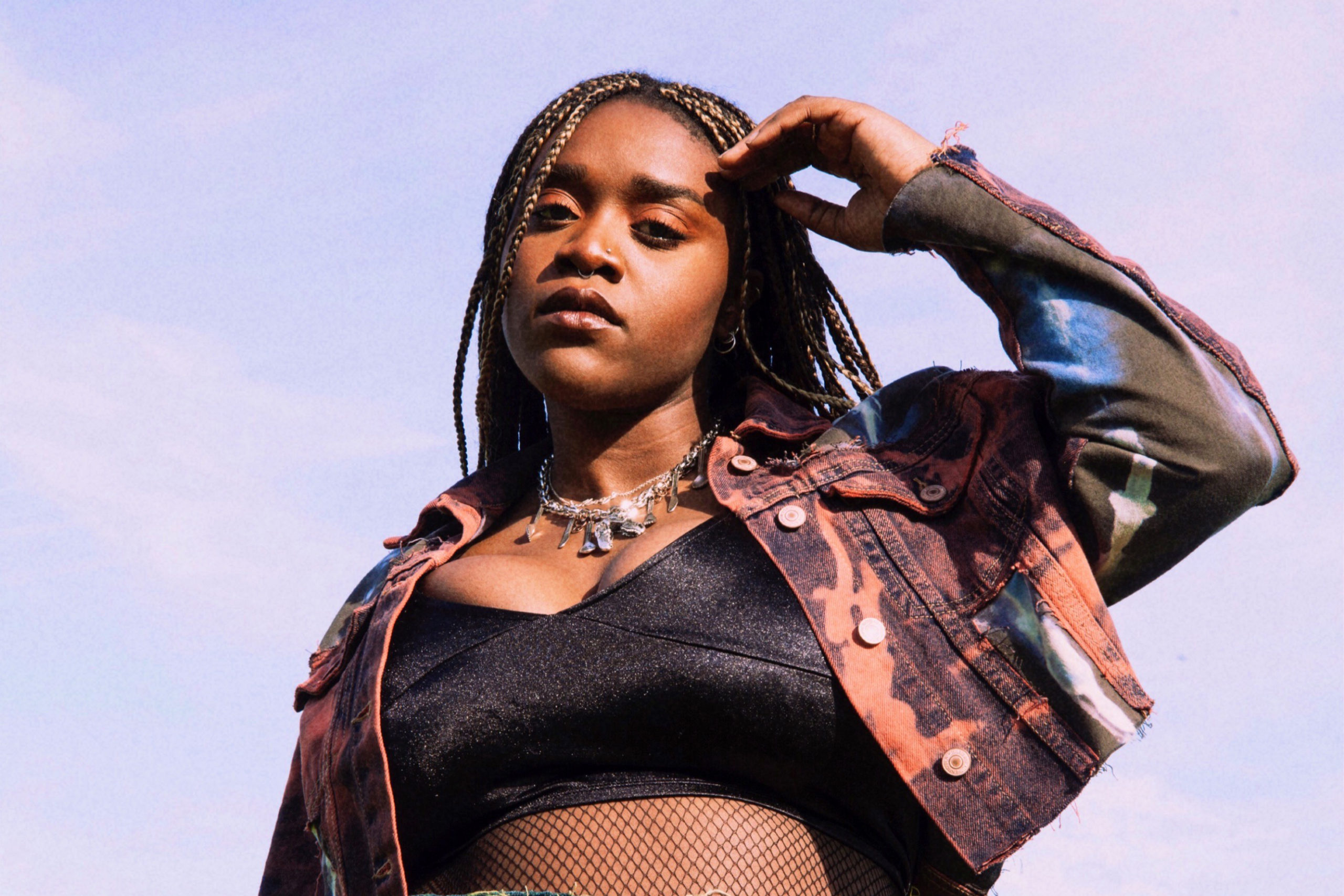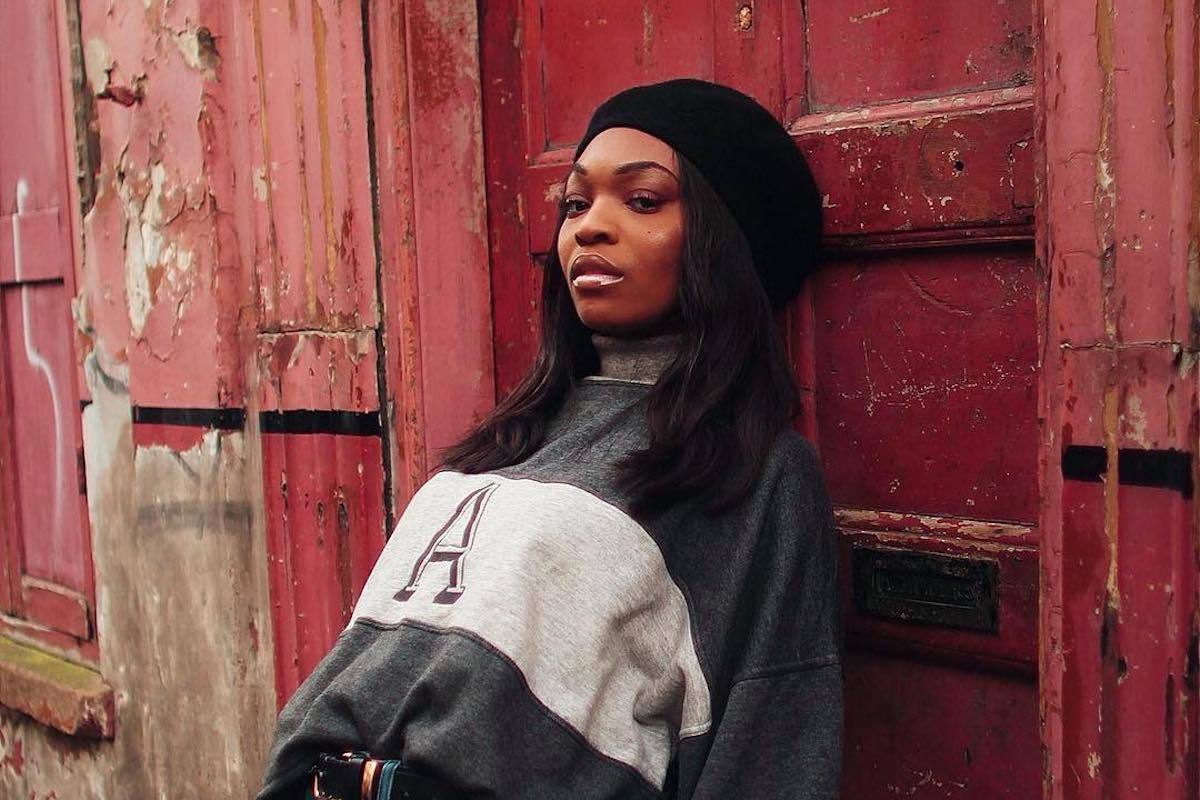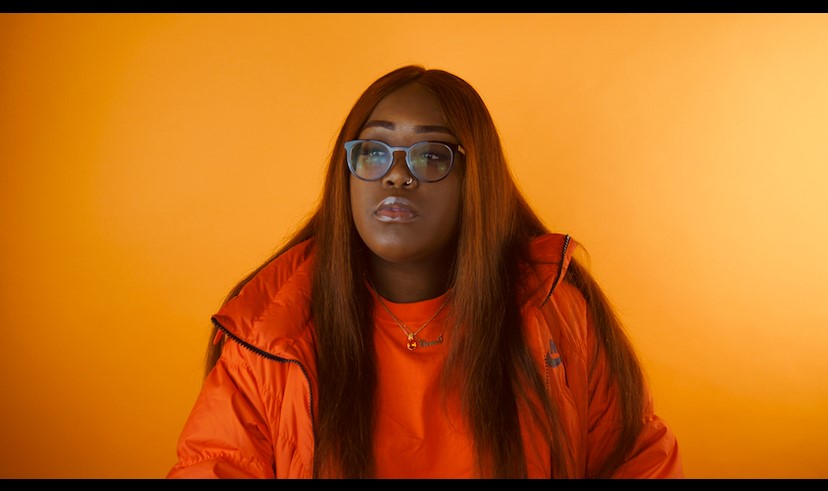Ironically, the UK’s Black History Month – which kicked off on the 1st of October – coincides with Nigeria’s “independence” from its colonial mother, Great Britain. This year marked the 60th year of Nigeria’s declaration of independence from British rule and the beginning of their fight to stand as a unified and self-sustained country.
The morning of the 1st of October, I woke with a foggy mixture of emotions. The TL (Twitter timeline) was ablaze with heated debates between Nigerians still living on the continent and other Nigerians across the diaspora whose families had migrated to places such as the US or UK. Whilst I felt a sense of cultural and ancestral pride, my celebration was drenched in a blissful ignorance due to my distance between my life in England and the realities of my family living in Nigeria.
What exactly are Nigerians across the world celebrating on days such as the 1st of October?
Despite being locked in our respective homes, the summer of 2020 offered the diaspora escapism in the form of Beyoncé’s visual album, Black is King. The film was a stunning encapsulation of the beauty and empowerment found in African traditions and cultural practices.
Perhaps unintentionally, the entire project placed extreme focus on Nigeria, its people and its creative exports. Let me illustrate this: there are 54 countries in Africa, with Nigeria having around 300 ethnic tribes. Yet Black is King features five Nigerian artists all from the Yoruba tribe. As much I loved the album, Nigeria and the Yoruba tribe were disproportionately represented, and admittedly, this album is, therefore, a feeble attempt at showcasing a diverse range of talent from the continent.
However, this shows the impact that Nigeria has had on mainstream music, especially in the last decade. The first time I remember hearing Afrobeats on a global scale was in 2012 during the London Olympics. To hear D’banj’s “Oliver Twist” blasted out of the PA in North Greenwich was absolutely surreal. Then, Drake’s spotlight on Wizkid in his hit song “One Dance” added undeniable fuel to the genre’s popularity.
The UK has been especially welcoming of Afrobeats, with some of our biggest artists being of West African descent and flying the flag of the genre.
The likes of J Hus, NSG, Darkoo and Afro B have been dominating the UK Top 40 in recent years. The BBC reports that in 2019, Afrobeats artists collectively spent 86 weeks in the Official Chart Top 40, up from 24 weeks in 2017. So, globally, Nigerians are receiving accolades for creative contributions, especially in music.
Undoubtedly, as a musician, my heart swelled with pride on our Independence Day and I could understand why indigenous Nigerians took no part in our naive celebrations due to the instability of their government and society. However, I could not predict what would come next.
I started seeing #EndSARS and #SARSMustEnd trending on Twitter and I was confronted with the true state of my Motherland. With over half of Nigeria’s population being under 30, its youth have been protesting against the Special Anti-Robbery Squad (SARS), which was established to protect citizens from armed-robbery. Instead, similar to other totalitarian practices in Nigeria, SARS has been terrorising Nigerians through kidnapping, extortion, sexual violation, and murder. On the 10th October, SARS was officially “disbanded”. This sparked doubts from the Nigerian people as ex-SARS members were dissolved into the police and the military. Rightfully, Nigerians have carried on with their peaceful protests and have propelled the country into the forefront of discourse surrounding the global plight of Black people across the diaspora.
On the 20th October, the president of Nigeria, Muhammadu Buhari, ordered a false extended curfew, cut out security cameras on the Lekki toll gate where peaceful protestors sat holding hands and allowed the military to open live rounds on Nigeria’s civilians. Ambulances were refused entry until later and could not attend to those injured or fatally wounded. 20/10/20 is now officially known as the Lekki Massacre.
So, in less than a month, Nigeria has marked its 60th year of independence, started a social revolution, and experienced a massacre sanctioned by its government – and Black History Month isn’t even over.
What’s happening in Nigeria is so significant to us as lovers of music. Through the slave trade, the influence of West African culture is felt globally in South America, the US, and the UK.
On the 1st of October 1960, we experienced the taste of new-found freedom. However, this was a fallacy due to our country being purposefully underdeveloped by colonial powers. Nigeria, and Africa alike, have always been kept on a short leash with the British heavily involved in the writing of our constitution, and we are seeing the ramifications of their consistent meddling today. The current protests show a corrupted infrastructure that upholds the British Empire’s exploitative system of capitalism.
How to support the #EndSARS protests
- Follow these hashtags on Twitter and Instagram: #EndSARS #EndPoliceBrutalityinNigeria for live updates.
- Follow Twitter accounts trying to give aid to protesters (@EndSarsResponse, @feminist_co).
- Donate supplies for protesters, such as food, drinks, posters.
- Educate the older generation and non-Nigerians on what is going on and why we are protesting.
- Donate to some of the fundraising campaigns, such as the Feminist Coalition.



